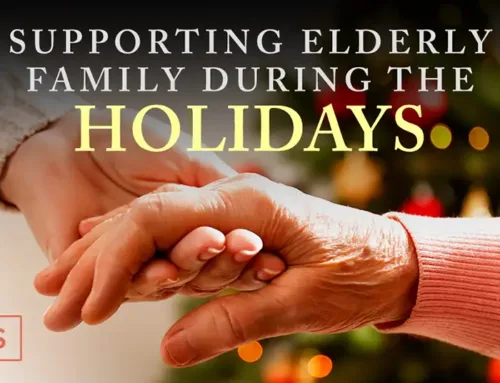Understanding ADLs and IADLs: A Guide for Seniors
Understanding ADLs and IADLs: A Guide for Seniors
As you navigate your senior care journey, you’ll like hear medical professionals, social workers and other senior care professionals refer to Activities of Daily Living (ADLs) and Instrumental Activities of Daily Living (IADLs)
“ADLs are and IADLs refer to the skills necessary for people to live independently,” said Sierra Goetz, co-founder and operations director at HomeCare Advocacy Network (HCAN). “Understanding what they are can help you determine the level of care your aging loved ones need.”
What Are Activities of Daily Living (ADLs)?
According to the Cleveland Clinic, ADLs are tasks you must do to keep your body functioning, including:
- Bathing and showering – ensuring personal hygiene through regular bathing and other personal care activities.
- Dressing – selecting and putting on appropriate clothing for the day. Using zippers, buttons, snaps and velcro as needed.
- Toileting – managing activities related to the ability to control your bladder and bowels, including using the toilet safely and cleaning after use.
- Ambulating – moving from one place to another, whether walking, using a wheelchair or other mobility aids.
- Eating – the ability to feed oneself independently.
What Are Instrumental Activities of Daily Living (IADLs)?
IADLs are more complex, everyday tasks that are essential for independent living. They often require more planning, coordination and cognitive skills than ADLs. Examples include:
- Meal preparation – planning and cooking meals, considering dietary preferences and restrictions.
- Housekeeping – maintaining a clean living environment, including daily life tasks.
- Shopping – making lists and selecting items (like food, clothing and household supplies) to buy. Choosing how to pay and complete transactions
- Medication management – handling and taking medications as prescribed.
- Managing money – making a budget and planning for expenses. Using bank accounts, credit cards and other financial resources.
- Managing health – communicating with healthcare providers and scheduling appointments. Getting prescriptions filled. Understanding medication instructions and taking medications as prescribed.
- Communicating with others – using phones, computers and other communication devices to reach out to others and receive calls or messages.
- Managing transportation – driving, walking or using other forms of transportation to travel from place to place.
How HCAN Can Help
Customizing Care Plans
“At HCAN, we provide assistance with both ADLs and IADLs,” Goetz said. ““From light housekeeping to personal and memory care, our highly-trained, professional caregivers provide the assistance your aging loved ones need to age safely in their homes.”
Professional Caregivers for ADLs and IADLs
If you suspect your loved one is struggling with day-to-day tasks, visit hcan.com or call your local HCAN-supported office. Our experienced teams will work closely with you to develop a customized care plan that meets your senior’s unique needs.






